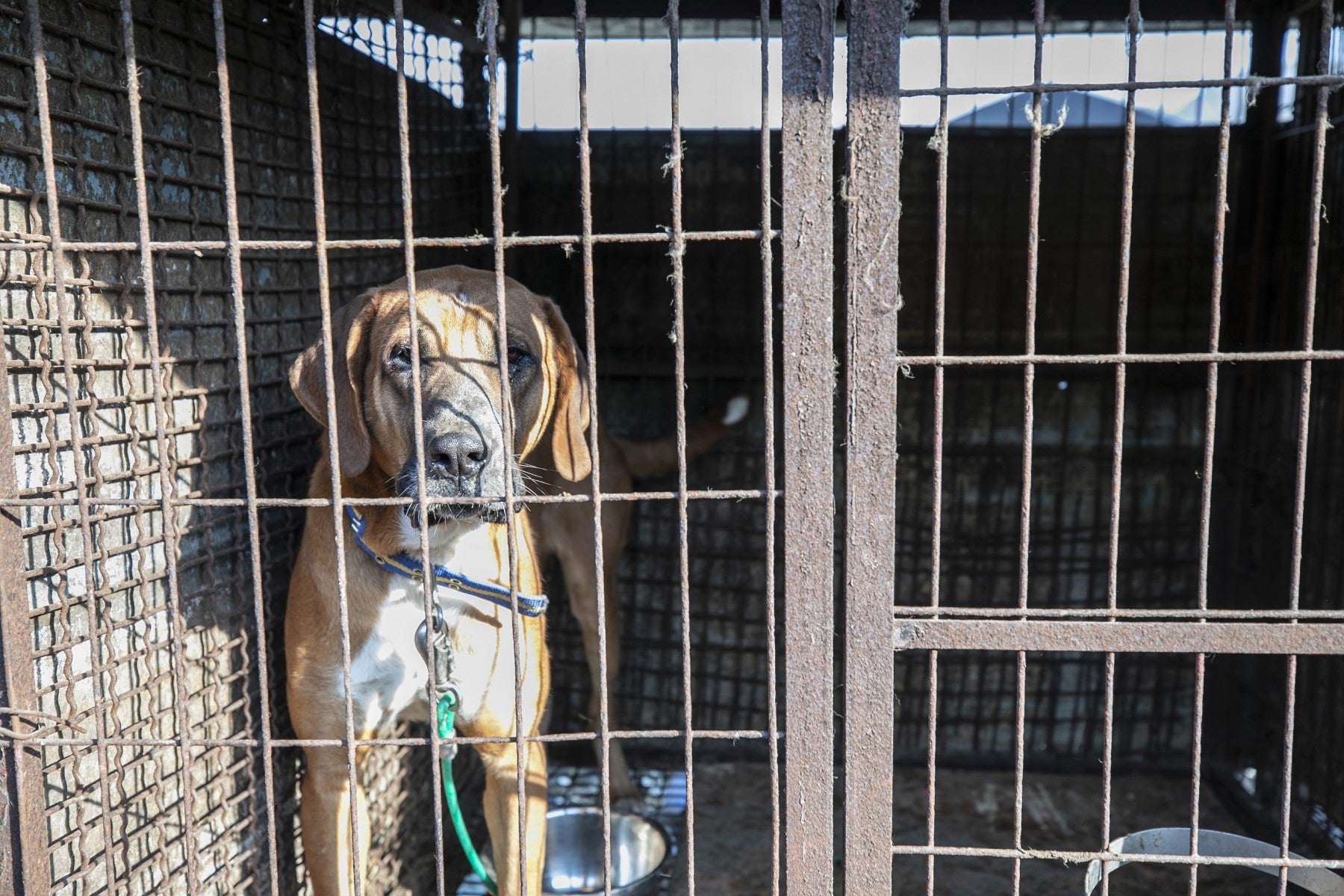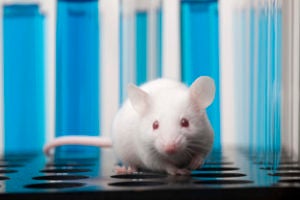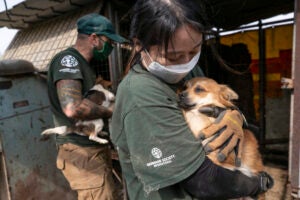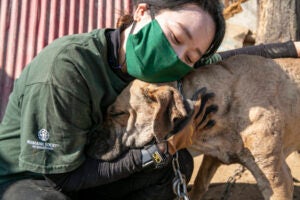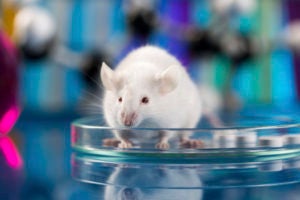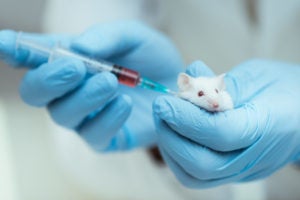
SEOUL—As Boknal – the three hottest days of the year according to the lunar calendar—begins in South Korea, Humane Society International/Korea and vegan chef Ahn Baek-Rin have joined forces to encourage consumers to swap dog meat soup, or “bosintang”, for delicious plant-based recipes instead. The recipes offer a fresh, plant-based take on Boknal eating, incorporating many of the ingredients traditionally found in bosintang, often eaten to beat the heat, to help citizens stay cool during the hot summer months but without contributing to the suffering of dogs reared in barren cages on dog meat farms.
Although opinion polls show that the majority of Koreans (84%) neither consume dog meat nor intend to in the future, even if they have done so in the past, of those Koreans who do eat dog meat, the majority (70%) consume it over Boknal. Some Koreans believe dog meat soup can help relieve the effects of the sweltering summer heat and humidity and revive stamina. Between 1 and 2 million dogs are still bred annually across the country in unsanitary and inhumane conditions in thousands of dog farms, most of whom will be slaughtered for the summer Boknal.
HSI/Korea’s My Healthy Diet campaign is promoting three plant-based recipes to be published on HSI/Korea’s social media platforms on Chobok (start of summer), Jungbok (mid-summer), and Malbok (the end of summer). The dishes have been devised by vegan chefs Ahn Baek-Rin and two other chefs to be revealed during Boknal, using fresh seasonal vegetables. Unlike bosintang, the plant-based recipes don’t require hours of boiling and cooking, so are quick and easy to make, a time saving advantage that will appeal to busy home cooks.
Nara Kim, HSI/Korea’s dog meat campaign manager, says, “Although most South Koreans don’t eat dog meat, it still remains popular for some Koreans over the summer months, when the vast majority of dogs farmed for meat will be slaughtered. It’s a sad fact that millions of dogs are suffering miserable lives on dog meat farms largely to produce soup for Boknal. So our message is simple, by swapping bosintang for one of our delicious plant-based soups, we can keep cool and eat healthy while saving our canine friends at the same time. I have been to many dog meat farms, and I believe that if consumers saw the unsanitary and inhumane conditions that I see, they would not wish to eat bosintang anymore. We all strive to eat healthier these days, and so our easy recipes are ideal to help us beat the heat and spend a refreshing summer. If we all make compassionate food choices for Boknal, we can achieve an end to the dog meat industry.”
Chef Ahn Baek-Rin, who developed the first recipe for Chobok on 11th July, currently manages Millennial Dining restaurant in Seoul, preparing vegetarian dishes using diverse, organic and local ingredients to deliver rich tastes and flavours. Her Chobok recipe called “Self-care soup” combines a broth made with boshin soup sauce, vegetables and cashews, with shiitake, pine and lion’s mane mushrooms, and a sauce made with Korean chilli paste, sesame oil, soya sauce and paprika.
Chef Ahn says, “On this coming Chobok, HSI/Korea and I will introduce a new dish called ‘Self-care Soup’ that not only takes care of our health, but of our planet and the animals as well. It will be a mutually-beneficial dish, and it will be a perfect solution for Boknal, as it is full of essential vitamins and nutrients from seasonal vegetables. They provide a great way to boost our nutrient intake and ensure we eat enough vegetables. The ‘My Healthy Diet’ campaign is a fresh new take on Boknal eating, perfect for those who originally ate dog meat for Boknal because this recipe is carefully designed so that anyone can take care of their health with quality food.”
As well as protecting animal welfare, eating plant-based for Boknal also has human health benefits. Laboratory tests have found that an alarming amount of dog meat can contain harmful bacteria such as E. coli as well as antibiotics used to combat sickness in dogs due to the low welfare conditions on farms. With the link between low welfare animal breeding and the spread of zoonotic diseases such as bird flu and SARS, swapping dog meat for plant-based alternatives is a sound choice for public health, too.
Humane Society International/Korea, which has worked co-operatively with farmers to close down 17 dog meat farms in South Korea, is campaigning for legislation in the country to end the dog meat trade. The organization helps dog meat farmers transition to more humane and profitable businesses. A recent opinion poll commissioned by HSI/Korea and conducted by Nielsen shows growing support for a ban on the dog meat trade, with almost 60% supporting a legislative ban on the trade, compared to just 34.7% in 2017.
Download images of the Chobok vegan dish
Download images of HSI/Korea’s dog meat farm rescues
ENDS
Media contact: Wendy Higgins: whiggins@hsi.org

